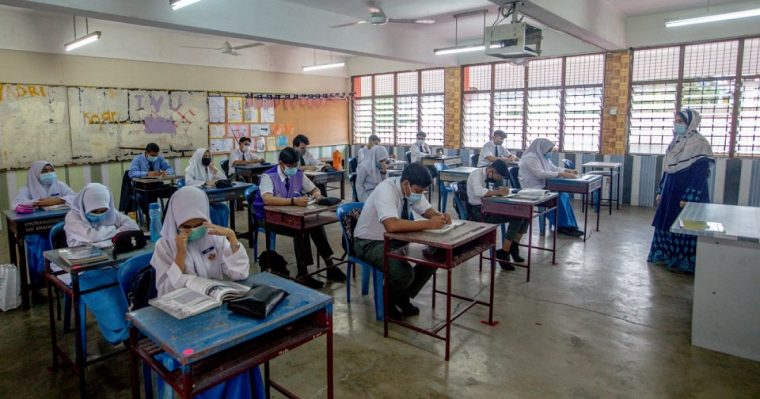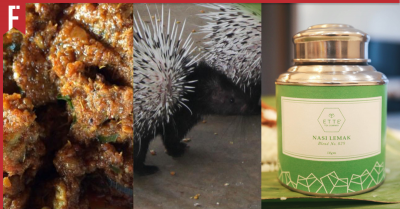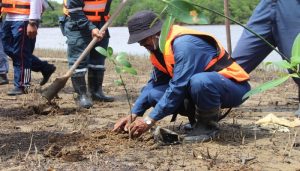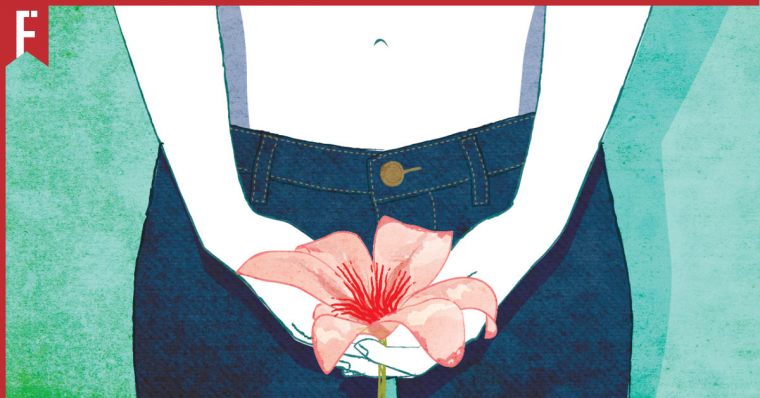
It’s common knowledge that in Malaysia, there has been an enemies’ arc with some Malaysians and the advertising of certain body parts to the public. Or really, anything “taboo”. We learned about this with how Malaysians dealt with sexual education whenever the topic comes up.
We’ve had this issue going around in schools back then and we’ve been so desensitised over it that even for a second, we were made to think that asking about our body parts is something to be embarrassed about.
Of course, I’m not saying we should outright flaunt our bodies or anything, I’m just saying that it should be something normal that we could at least have a conversation about without the spluttering of excuses that comes along with the topic.
After all, we’re not talking about it for sexual reasons. It’s educational. So why are some Malaysians so against it?
Know Your V, For Your Sake

Growing up, I never really questioned anyone about my body. Mainly because I didn’t think it was that important. I just know that in growing up, some parts of our body would develop differently. I mean, we did learn this in science class, didn’t we? Albeit very quickly.
As a teenager though, there were certain things about my body that I was shocked to find out. Like the fact that I’m supposed to bleed every month. No one had sat me down and told me that it was going to be like this. That my body was going to tear itself on the inside and produce enough blood to last five days (or more) and yet, not kill me.
Needless to say, I freaked out.
The first time I had period cramps was when I was in the middle of class. And when I complained about how much it hurt, instead of being sympathetic and offering me warm beverages to ease the pain, my teacher told me not to make it so obvious to the boys that I was on my period.
Oh okay, Miss. Let me just find a corner to convulse quietly in, shall I? I was 13, I didn’t know what I was supposed to do. And none of you guys bothered to teach me any of these things.
No one told me it would hurt this much or the fact that having cramps isn’t, in fact, normal. I had to find out on TikTok of all places.
In 2017, a YouGov survey found out that among more than 7,600 respondents across Singapore, Malaysia and Hong Kong, 53% of 1,103 respondents in Malaysia cited their ability to concentrate in the office is impacted by period pain. I can sadly say that I am a part of that 53%.
I just wish I was taught to manage it sooner rather than later because now, I’m too busy with work to actually focus on getting better.
It’s Not Funny Anymore. It’s Dangerous

Last week, a post on Twitter regarding Libresse’s pad campaign started going viral. The ‘Know Your V’ campaign has been ongoing for a year now, but only recently has it been brought to light because a particular Twitter user was condemning them for using a flower as symbolism for women’s private parts in a means to promote their brand.
Personally, I don’t see anything wrong with this. It’s not odd that a feminine hygiene company is using symbolism on its products. It’s pretty smart, actually. But to certain people, your vagina is something private that should remain hidden from the eyes of the public, so to advertise it so openly is considered offensive.
I understand that it’s a little unconventional for a product in Malaysia to “show off private parts” on their packaging, but it’s still a little bit ridiculous to say that it’s shameful, isn’t it? Why should we hide pictures about our own bodies if it’s for educational purposes? Doesn’t it serve as a pathway for us to find out more?
I had to find out information online, which is, admittedly, not the best way to learn things when you’re a child. But what else was I supposed to do? Ask my teachers? My parents? I’ve already tried! They wouldn’t give me a straight answer. Instead, they told me how it was inappropriate for me to ask them questions like that and I was “too young to know these things”.
So the internet had to be my sifu.
And we all know how dangerous the internet is. You click on the wrong link and you end up on a porn site. You ask the wrong person a personal question and the next thing you know, you’re called in for questioning about “suspicious behaviour”. Yeah, I’ve been there. The porn site, I mean. Not the… okay, you know what I mean.
There are also so many bad people on the internet just waiting for young girls (and boys) to show an ounce of vulnerability just so they can attack. It may seem far-fetched to you, but things like that have happened before and it will happen again.
Aren’t you afraid?
Hiding Things Make It Worse
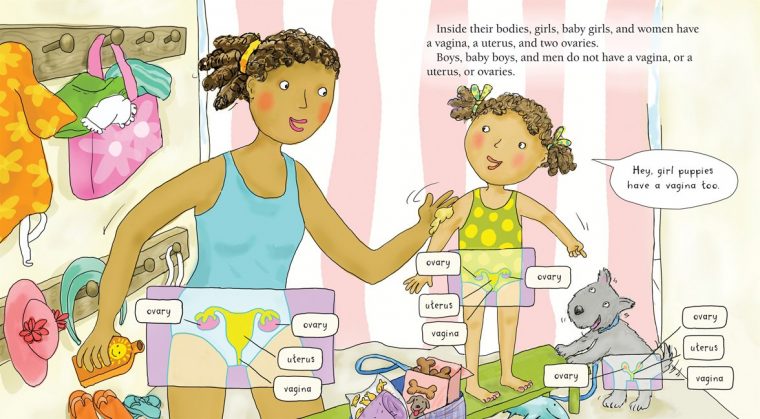
What’s up with adults brushing things aside in the name of “shame”? Why can’t we have a civil talk about it and not make it into a huge issue about a woman’s dignity? It’s just a part of your body that you need to be educated about.
When you hide things from girls about their bodies, it serves more harm than good. Sure, you can tell them to not over-sexualise their body parts but you can’t ignore them asking “why?” and continuing to ask why because you don’t give them a straight and logical answer. When you do that, they’re going to turn to other people for help. Some may not be as educationally inclined and would likely tell them the wrong things.
Remember how we used code names for our body parts? Like “flower” or “pee pee”. Why were we so embarrassed (or for some, still are) to say the word “vagina” or “penis”, for that matter? It’s a scientific term, is it not?
It’s so important to talk about your bodies and your abnormalities (if any) without them being seen as sexual or shameful. What if your daughter had an infection that’s spreading but didn’t notice or was too shy to talk about because the people around her avoid the word “vagina” like the plague?
What if your daughter decides to ask for help but is turned down? Or worse, asked for help but got a completely different lesson instead? A much darker and traumatic experience instead of the educational one she was expecting?
Girls, there’s so much we don’t know about our own bodies. Are we just supposed to keep it in it like we do the rest of our problems? Because growing up with no knowledge of your bodily functions is stressful enough. Getting told that you can’t ask about them is worse. Was I just supposed to know?
What To Do
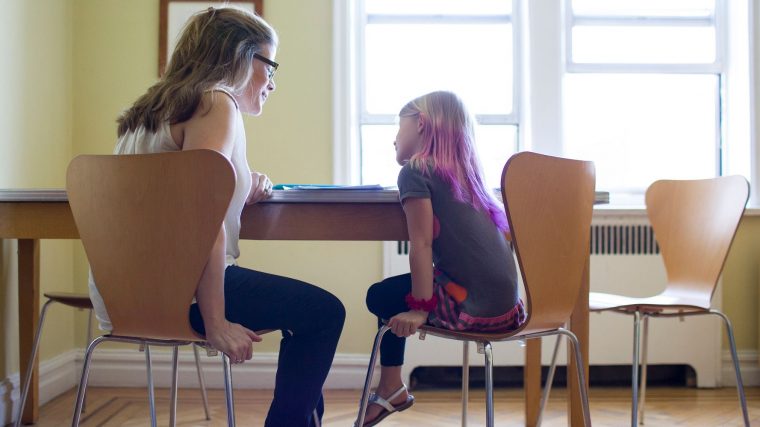
Instead of shaming young girls for talking about their bodies so freely, we should listen to them. We should embrace our own bodies and not shy away from questions that make us a little uncomfortable.
How can we advocate for something that we ourselves are so adamant on not talking about? What’s so bad about our private parts that we can’t talk about them if we’re concerned about something?
1. Use the proper terms
When talking about private parts, it’s essential to not use code names or nicknames. It may sound “easier to hear” but who are you fooling? Everyone knows what you’re talking about.
It’s okay if you want to do it when you’re older but if you’re educating on “good touch, bad touch” or teaching others, especially tweens or teenagers about their sexual organs, it’s important to refer to them by their given names. It shows that you’re talking about a serious topic instead of half-heartedly getting it over and done with.
It also teaches them to know that if someone were to touch them in any place that makes them feel uncomfortable, they’ll tell you exactly where that place is instead of shying away from the topic and ignoring it.
2. Don’t belittle or joke about private parts of your body
It’s easier to make jokes about your body parts rather than getting a straight answer. Simply because the whole ordeal makes you uncomfortable. You’d often joke and giggle with your friends about your body parts and it seems like you did something very naughty.
But what happens when you finally want to sit down and have a serious conversation about the changes you’re facing? Will your friends still make jokes about it? Will your parents brush it off as something you’ll figure out how to take care of when you’re older? Or will your educators make grossed-out faces when you try to ask them about why it hurts so much “down there”?
It kind of teaches you that if you can’t talk about it seriously, was it even important in the first place?
3. Educate yourself
If you’re unsure how to approach a matter that’s about private parts, you could always consult a doctor – more specifically, a gynaecologist. Or if you’re still shy and can’t talk about it with anyone near you, that’s alright, there are a lot of YouTube channels and videos that can help you learn about your body and answer any questions you may have regarding them. Some videos to check out are:
- Kids Talk Vaginas With a Gynaecologist
- Doctor Answers Top 5 Discharge Questions
- Doctor Answers Top 5 Period Questions
- Feminine Hygiene
Know Now or Suffer Later

This may come as a shock to you, but there is still a lot more to learn about your body. And it’s not only us girls that need to learn about them. Boys need to have knowledge about those things too! Ask more questions! Whatever you want to know about your bodies is your right to ask.
Like periods? Man, those sure are a pain. Want to know more about the questions boys ask about periods? Be sure to check out our podcast:
Putting The Men in Menstruation
Or if you want to know about the struggles girls have to face in schools regarding their bodies, read up on:
How A 17-Year-Old Forced Malaysians To Confront Our School’s Rape Culture
